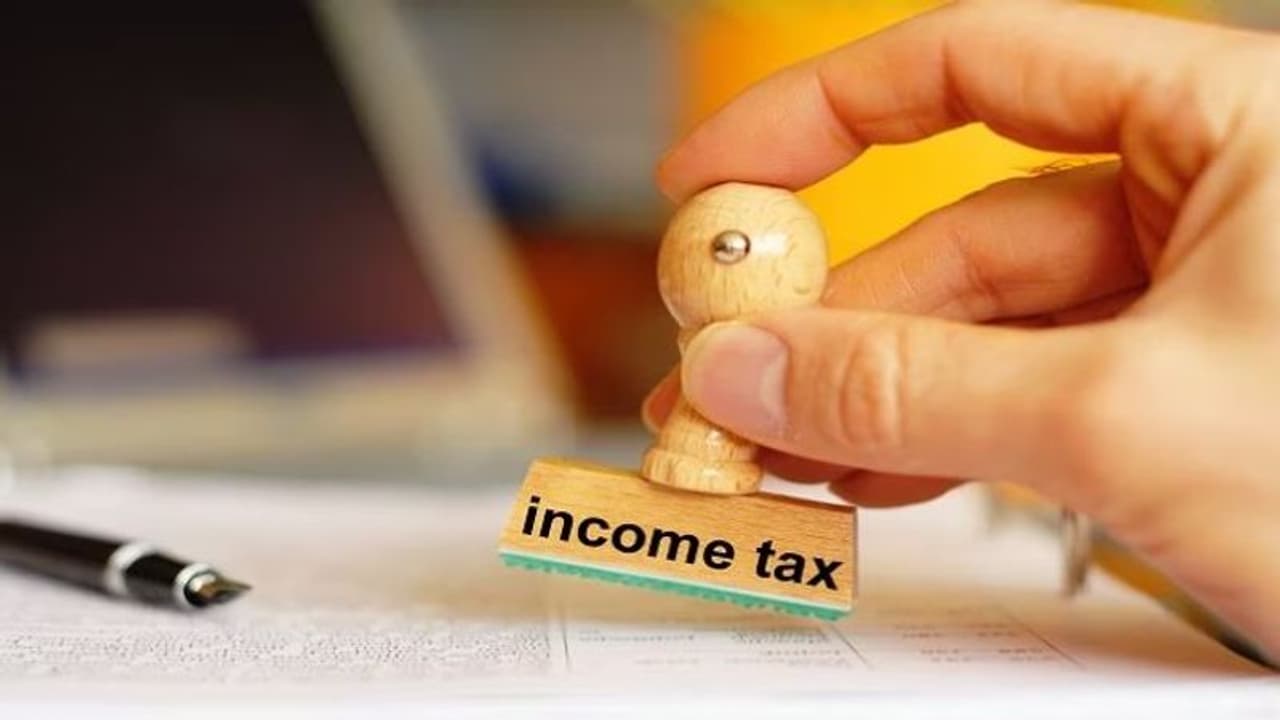The government offers taxpayers a choice between the traditional old regime, which includes numerous deductions and exemptions, and the new regime with simplified structures and lower tax rates.
The Narendra Modi government introduced a new tax regime in 2020 alongside the traditional old regime to streamline the tax filing process and provide taxpayers with more options. The move offers taxpayers a choice between the conventional system, known for its array of deductions and exemptions, and the new regime with its simplified structure and reduced tax rates.
Under the old regime, taxpayers can avail of deductions for various investments and expenses, including House Rent Allowance (HRA), Section 80C deductions, Section 80D deductions, and other benefits like interest on home loans, education loans, and donations to charitable institutions.
However, the new tax regime brings lower tax rates but eliminates many of the exemptions and deductions available under the old system. Instead, it offers a fixed standard deduction of Rs 50,000 for all taxpayers, along with an increased basic exemption limit of Rs 3 lakh and tax rebates for certain income brackets.
Notably, popular tax-saving avenues such as Public Provident Fund (PPF), Unit Linked Insurance Plans (ULIPs), Equity Linked Savings Schemes (ELSS), and medical insurance premiums are not eligible for exemptions under the new regime. Additionally, allowances like House Rent Allowance (HRA) and Leave Travel Allowance (LTA) are not applicable.
To aid taxpayers in understanding the implications of the new regime, here's a breakdown of some exemptions available:
Maturity of Life Insurance Policy: Tax-free if the premium paid does not exceed 10% of the sum assured.
Gratuity Received from Employer: Tax-free up to a certain limit as per Income Tax rules.
Voluntary Retirement Scheme (VRS) Proceeds: Tax-free up to Rs 5,00,000.
Transport Allowances for Specially Abled Taxpayers: Claimable up to a specified limit.
Conveyance Allowances: Exempt up to Rs 1,600 per month for work-related travel expenses.
Cost of Travel: Reimbursements for official tour or transfer travel costs are exempt.
Daily Allowances: Allowances for daily expenses during duty travel are exempt.
Taxpayers are advised to carefully assess their income, investments, and expenses to determine which regime offers the most favorable tax outcome before making a decision.
